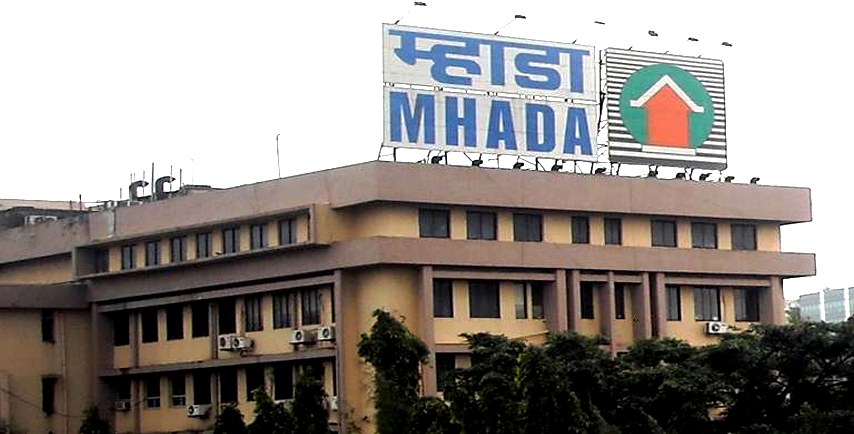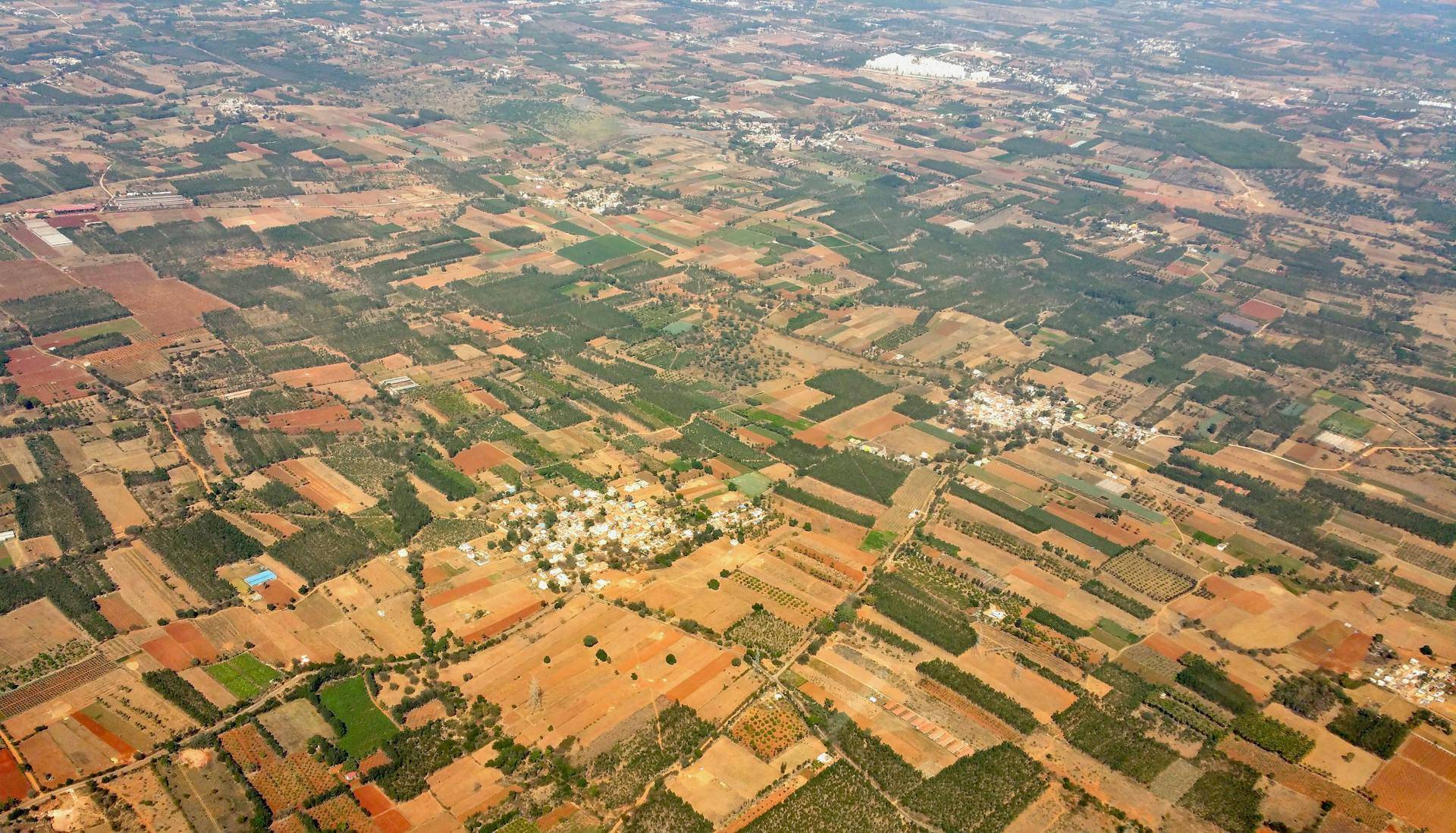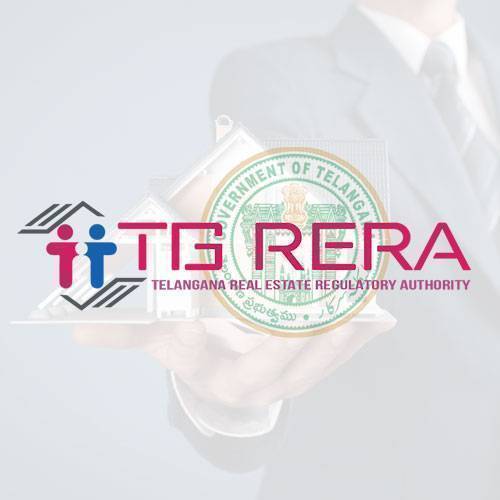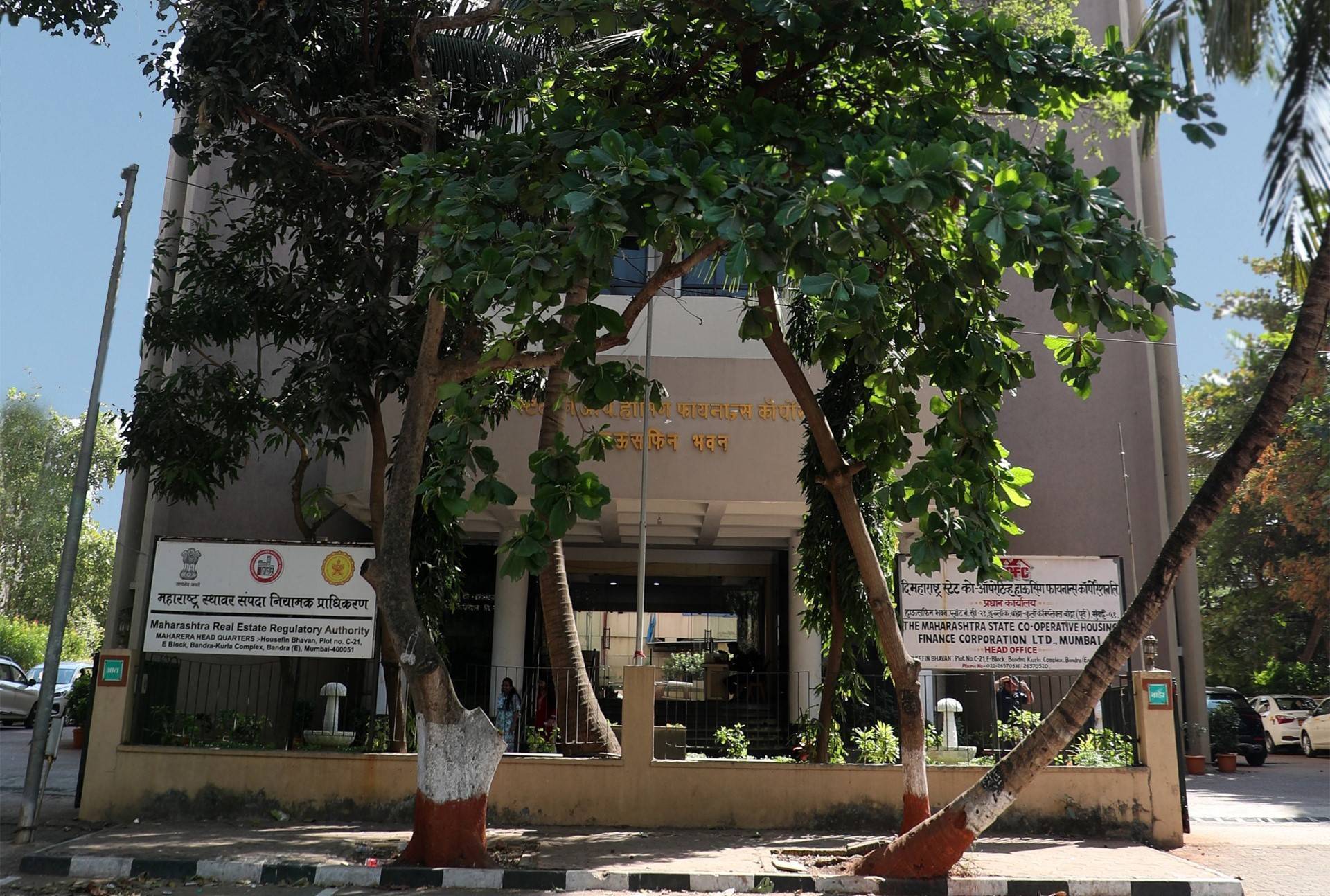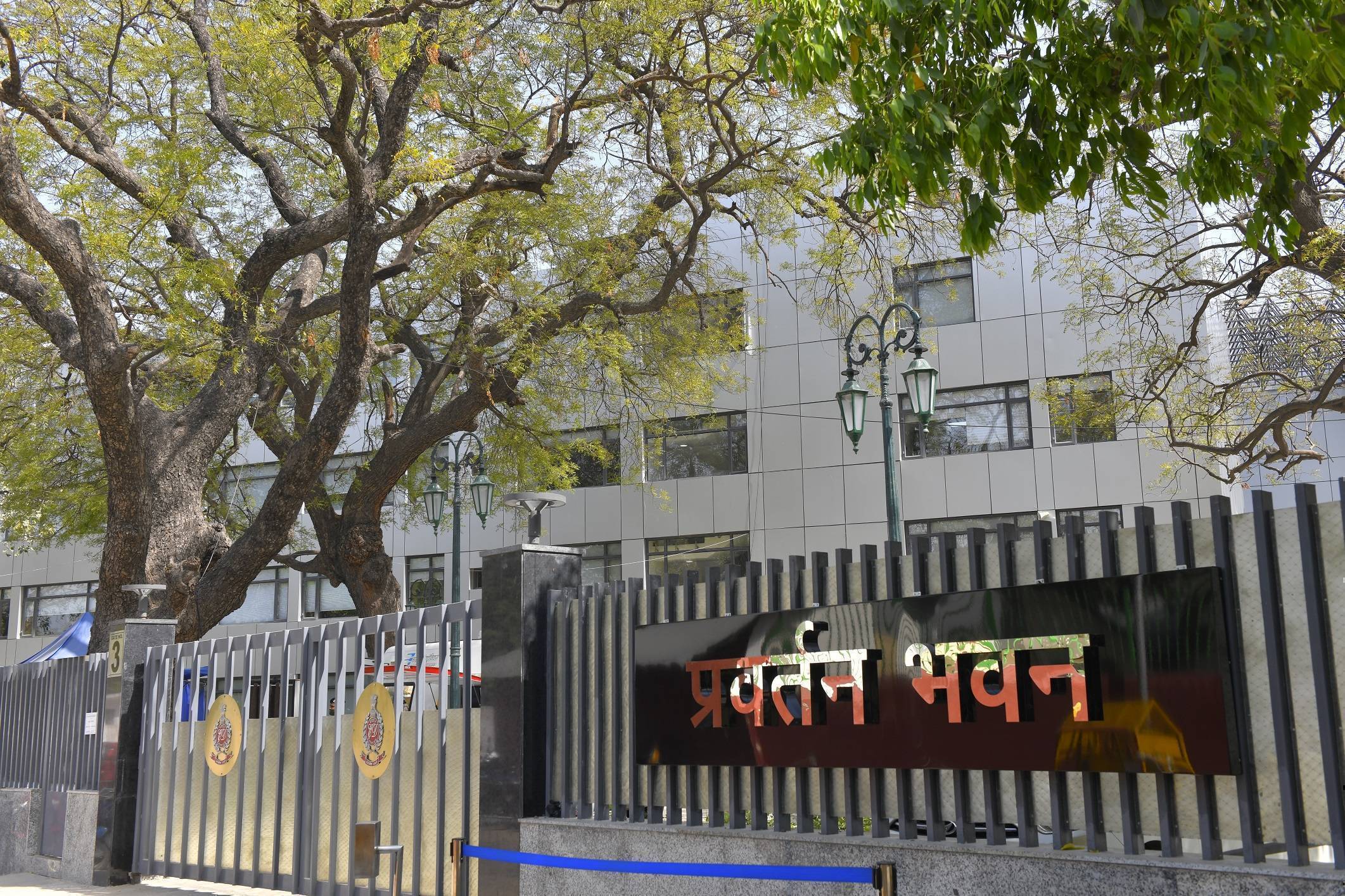The Ghaziabad Municipal Corporation has come under scrutiny after it began asking residents to pay property taxes calculated under a newly proposed structure, despite the municipal board rejecting the revised rates just days earlier. The board, in a meeting held on June 30, had firmly turned down the proposed tax hike, citing widespread opposition from both elected representatives and citizens. However, residents have started receiving mobile messages from the civic body urging them to pay the increased tax amount, triggering confusion and resistance across the city.
The tax hike has become a flashpoint between residents, elected councillors, and the municipal administration. While the corporation’s officials claim the hike is a modest increase of 1.5% to 1.75%, many residents allege that their new bills have jumped by three to five times compared to previous years.
The steep increase, they argue, is both unjustified and unauthorized given the board’s decision to reject the proposal. Ghaziabad currently has around 452,000 older, already taxed properties and approximately 125,000 newly built or previously untaxed properties. The property tax calculation includes a 10% house tax, 4% sewage and drainage tax, and 10% water tax under the existing structure.
Mayor Sunita Dayal, who chaired the June 30 board meeting, has publicly advised residents not to pay the hiked amount until the actual tax liability is determined. She urged residents to carry out self-assessments and stated that the municipal corporation is in the process of conducting a survey to re-evaluate property tax levels.
Expressing concern over the ongoing confusion, she also said she would speak to officials about why the official minutes of the June 30 meeting have yet to be released. The delay in releasing the minutes is being seen by many as a deliberate attempt to undermine the board’s authority and push through the revised tax rates without due process.
Mayor Dayal warned that if officials continue to ignore the board's decision and proceed with enforcing the new tax rates, the matter could be taken to the High Court. Already, three former councillors have filed a public interest litigation (PIL) before the Allahabad High Court, challenging the proposed hike. The next hearing in the case is scheduled for July 29.
The situation has drawn sharp criticism from resident welfare associations and elected representatives. Colonel TP Tyagi (Retired), who heads the flat owners’ federation, said the administration’s action is in direct violation of the board’s decision. He reiterated that RWAs and residents will continue opposing the tax hike and that any move to enforce the increased rates will only escalate public protests. Councillor Sanjay Singh from Shipra Sun City in Indirapuram echoed this sentiment, stating that the matter would be taken to senior authorities in Lucknow if local officials continued to ignore the municipal board’s resolution.
Chief tax assessment officer Sanjeev Sinha of the corporation declined to comment on the issue when contacted. The silence from the civic administration has further added to residents’ frustration. Many are left uncertain about whether to comply with the demands issued via text message or wait for an official clarification. The absence of clear communication from the municipal administration, along with the delay in formally recording the board’s decision, has only worsened the situation.
Residents of Ghaziabad are facing conflicting directives, with the municipal administration urging immediate payment of revised property taxes while elected representatives advise deferring payment until the matter is resolved. The absence of official documentation from the recent board meeting and the pending legal challenge have added to the confusion. This standoff points to a deeper breakdown in coordination between administrative and elected arms of the civic body. In the absence of clear communication and formal decisions, property owners are left uncertain about their obligations and the validity of the tax demands issued to them.



